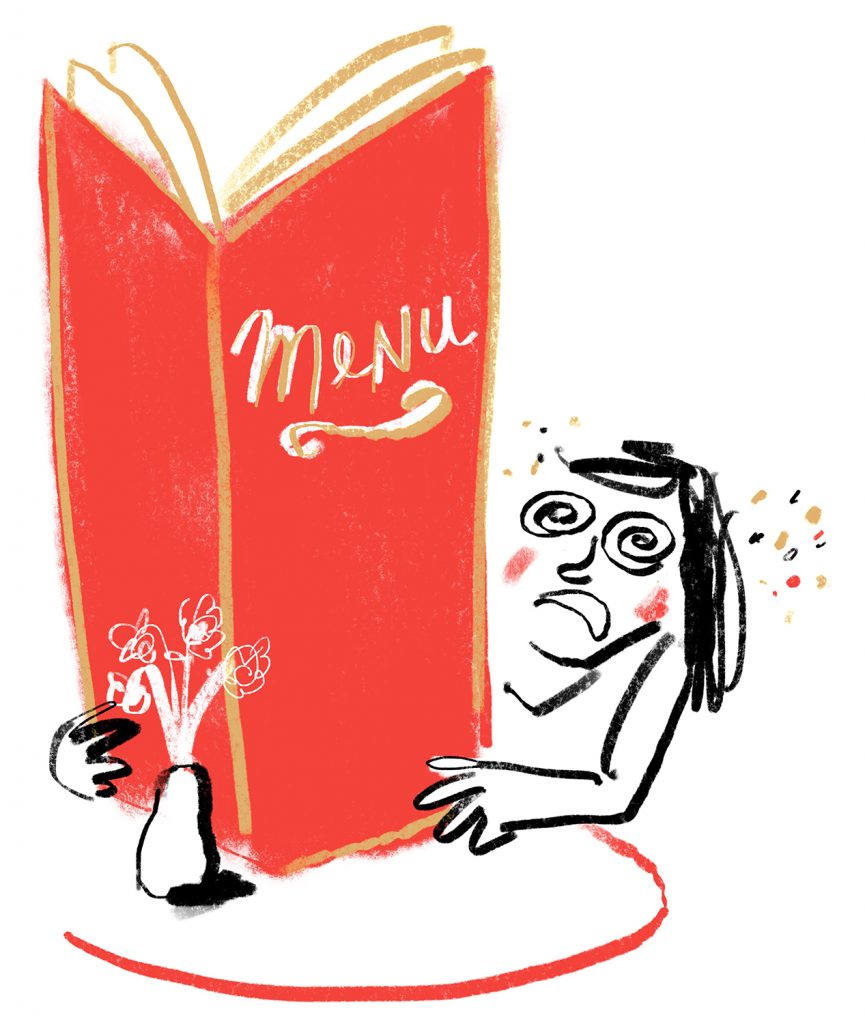Choosing, having a say

What if you had few choices in your daily life? What if someone dictated what and when you ate, the clothes you wore, and how you spent your time? From birth, children need and want to make choices, to have a say in their daily affairs. However, we need to regulate how these choices are presented to them. Often fixed choices, where you can accept the child’s decision, are more manageable, for example: ‘Do you want to wear the red shirt or the green shirt?’; ‘Would you like an apple or an orange?’; ‘Do you want to look at this book or that one?’. Open questions, such as ‘What would you like for lunch?’ or ‘What would you like to do now?’ invite frustration unless you can agree to answers like, ‘I’d like ice cream for lunch’, or ‘I’d like to go to Sea World—right now’!
Offering a false choice—that is, sounding as though there’s one when there isn’t—can lead to frustration and conflict. For example, asking ‘Would you like to come inside and have a rest now?’ can create conflict unless you are prepared to accept the child’s answer, whatever it is.
Having choices and some control over their experience makes children more likely to accept the decisions and choices that adults make for them. However, having too many choices can overwhelm them. If you’ve ever gone to a restaurant with a long menu when you are hungry, or a paint shop with a huge range of colours to choose from when you are unsure what you’re looking for, you’ll know that too many choices can be stressful. Children sometimes need our support to choose.

This online resource is proudly brought to you by: Gowrie Victoria & Early Childhood Australia

